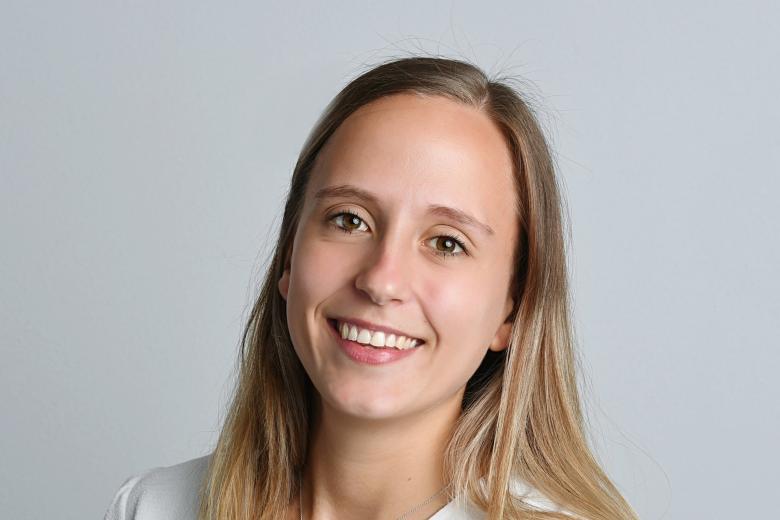Can patients manage their own health?
'The patient as a partner, the patient as a co-producer in healthcare, the patient as a decision maker: self-management and ownership are common terms in healthcare policy. Many people are simply incapable of managing their own health in a proactive way. Patient organisations, healthcare providers, health insurers and governments aren't paying enough attention to the differences among patients. And these differences certainly deserve attention. Patient-oriented care can only truly be implemented if professionals start focusing on the different needs, wishes and skills of patients.' These are the words of Professor Jany Rademakers, who will deliver her inaugural address on 13 May in acceptance of her Health Skills and Patient Participation chair at the UM Faculty of Health, Medicine and Life Sciences.
Differences in health skills
Active patients possess the right health skills; they can read and write, understand and process information, and make and follow through on decisions. Unfortunately, a relatively high percentage of the Dutch population has low literacy skills. This means they can't read labels or medical information, they don't understand forms and have a hard time completing them, and they can't read signs in hospitals. This is particularly problematic for less educated people and people from the lower social classes.
Psychological and social aspects play an important role in more complex processes as well, including self-management and participation in the decision-making process. Motivation and self-confidence are the most important factors. One in two Dutch people struggle with managing their health, healthcare needs, and illnesses.
Closing the gap
Fortunately, many health skills can be learned or improved. In her inaugural address, Professor Rademakers calls for a shift towards more patient-oriented care that focuses on the different needs, wishes and skills of patient populations. She also argues that the healthcare system itself needs to change. Making this system easier and more accessible will help meet the needs of patients. This is the only way to close the gap between patients and our complex healthcare system and encourage people to play a more active role.
Also read
-
Why some people hesitate to vaccinate and how healthcare can address this
Doubts about vaccination continue to be a significant challenge for global public health. The World Health Organisation (WHO) has listed vaccine hesitancy as one of the top ten threats to global health.
But what exactly is vaccine hesitancy and how does it impact our society? How can we address it...

-
New technique measures live activity of gut bacteria
Professor Ellen Blaak, PhD Gilian Larik and research team are tracking in MRUM fermentation chambers, how gut bacteria respond to food.

-
GROW research: all-in-one test for genetic defects in embryos🧪
Researchers at Maastricht UMC+ and GROW have developed a technique that can analyse the entire genome in a single test, allowing for faster determination of embryos suitable for successful pregnancy.
